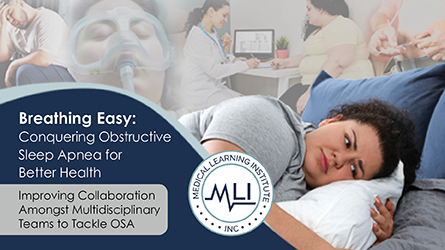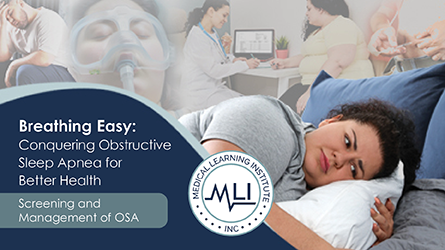- On-Demand
Transforming Relapsed/Refractory MCL: Exploring New Options for Your Patients
- Credit: 1.0hr(s)
- CME, EBAH, ECMEC
- June 28, 2023 —
- June 28, 2024
- Therapeutic Areas: Hematologic Oncology, Hematology, Oncology
- Specialties: Lymphoma, Mantle Cell Lymphoma
- Location: Internet Activity Enduring
Treatment for R/R MCL is complicated, as the disease typically presents in elderly, unfit patients; however, emerging targeted therapy options have shown great promise based on excellent results in clinical trials. In this activity, a taped version of the live symposium at the 17th Annual International Conference on Malignant Lymphoma, expert faculty present therapeutic options, established by evidence-based practice guidelines, for patients with R/R MCL. Symposium learners voted on patient demographics and parameters such as treatment, dosing frequency, and adverse events. The experts crafted their lecture to follow thheir suggestions allowing the case studies to reflect the patients the learners see. The activity concludes with a discussion on engagement between healthcare providers and patients to improve clinical outcomes.







